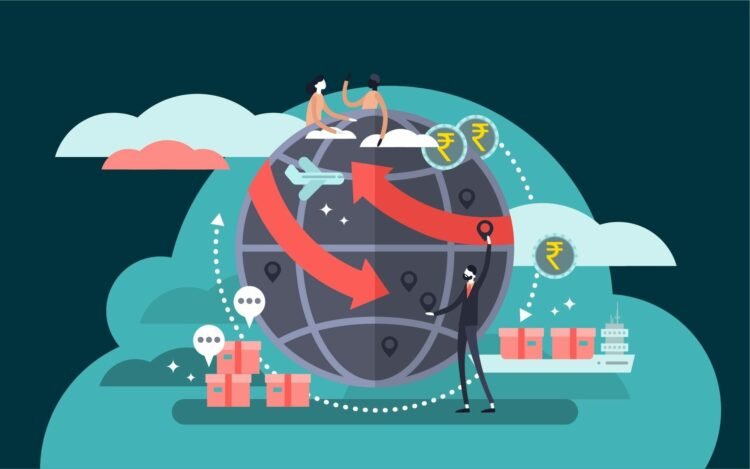Globalisation is a social, cultural, political, and legal phenomenon, which is the spread of products, technology, information, and jobs across national borders and cultures. In economic terms, it describes an interdependence of nations around the globe fostered through free trade.
It has created new jobs and economic growth through the cross-border flow of goods, capital, and labour. Its motives are idealistic, as well as opportunistic, but the development of a global free market has benefited large corporations based in the western world.
Its impact remains mixed for workers, cultures, and small businesses around the globe, in both developed and emerging nations. Corporations gain a competitive advantage on multiple fronts through globalisation.
They can reduce operating costs by manufacturing abroad. They can buy raw materials more cheaply because of the reduction or removal of tariffs. Most of all, they gain access to millions of new consumers.
Globalisation has sped up to an unprecedented pace since the 1990s, with public policy changes and communications technology innovations cited as the two main driving factors. China and India are among the foremost examples of nations that have benefited from globalisation.
One clear result of globalisation is that an economic downturn in one country can create a domino effect through its trade partners.
From the Book – ‘ Know Everything about Corporate Social Responsibility ‘
Available on Amazon.in
Also Read:
- What is Crony Capitalism?
- What Is Capitalism?
- What is Socialism?
- What is Free Enterprise?
- What is Third World?
(India CSR)






















